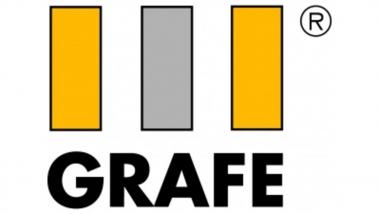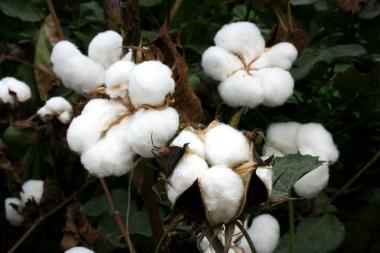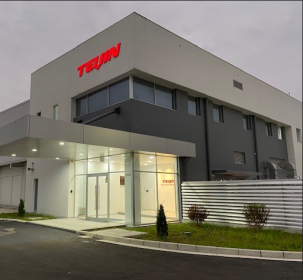Sales partnership for Switzerland starts at Fakuma 2021
- Polynova to gain market share for the GRAFE Group in the Swiss region from November The GRAFE Group, Blankenhain, has found a new sales representative for Switzerland in Polynova Group AG, Risch-Rotkreuz (Switzerland).
The partnership will be officially launched at Fakuma 2021. "Our new Swiss agency specialises in the distribution and production of high-quality technical plastic granulates and has been active on the market for more than 20 years. The company has a large customer base and the necessary technical expertise to advance our goals in this important market. This includes raising our profile, educating people about our product range and ultimately gaining market share," says Stefanie Theuerkauf, Sales Manager for the D-A-CH region. Polynova employs five sales staff and three in logistics, all of whom have a technical background. The company's own warehouse in Rothenburg also ensures the availability of the plastics.
"GRAFE fits perfectly into our product portfolio," says Thomas Weigl, co-owner and responsible for business development at the Swiss distribution company, whose employees recently underwent intensive training in Blankenhain. "Our customers come from the sports goods, housing technology, automotive supplier and medical technology sectors - there are many synergies with GRAFE." Weigl himself has extensive experience in the masterbatch sector and has worked for two companies in the industry - Sukano and Americhem - as managing director. "Swiss companies want Swiss contact persons. We speak the languages German, Italian and French, are on site in the shortest possible time, offer direct contact and understand the needs of the customers and the requirements of the market," he explains. "Polynova is thus faster, closer and more direct." "The Swiss market is large and important for us," reports Theuerkauf and Weigl explains the background: "There are over 300 plastics processors, many are family-run and very technically oriented. The origins of the companies are often in the watch industry and in the production of the smallest precision parts such as gear wheels. In addition, coffee machine manufacturers, medical technology providers and automotive suppliers are important market players. A large number of well-known OEMs are located here."
Even though there are already masterbatch manufacturers in the Alpine country, says the sales expert, no one has the know-how to adjust compounds and masterbatches as perfectly and precisely as the company from Thuringia. In addition to a complete range of colours on practically all plastic substrates, flame retardants, UV additives, thermal stabilisers or lubricants are further examples of the extensive product portfolio. GRAFE is one of the specialists in the modification of thermoplastics and is an innovation driver in the production of colour masterbatches. "The technical possibilities in terms of a state-of-the-art technical centre and production machinery, as well as one of the largest research and development departments in the industry, are also not to be found elsewhere on the Swiss market. Our task now is to bring these to the attention of domestic customers," says Thomas Weigl, co-owner of Polynova AG together with founder Renato R. Huebscher.
GRAFE Advanced Polymers GmbH





























